Cashews are not just a delightful snack but also a rich source of important nutrients. The cashew seed, the edible part of the cashew fruit, contains a myriad of health benefits and serves as a versatile ingredient in various culinary dishes. Furthermore, cashews play a significant role in numerous industries, including food processing, pharmaceuticals, cosmetics, and more. This article aims to dive deep into the nutritional benefits, industrial applications, and global market insights on cashew seeds. 1. Nutritional Profile of Cashew Seeds: Cashew seeds offer a wide range of essential nutrients required for maintaining good health. They are a rich source of protein, healthy fats, dietary fiber, vitamins (such as B vitamins), and minerals (such as zinc, magnesium, and phosphorus). Cashews also contain antioxidants like vitamin E and phenolic compounds, which play a crucial role in combating oxidative stress and reducing the risk of chronic diseases.

nut
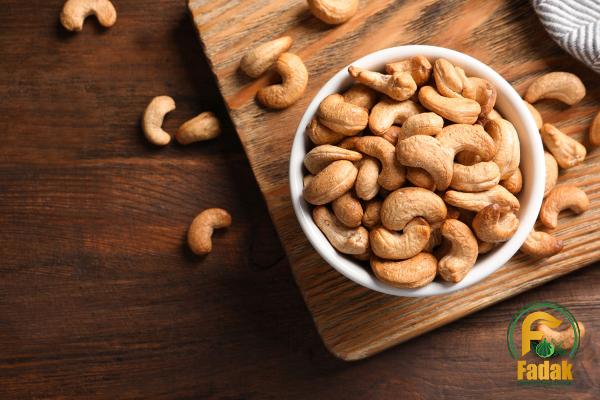 2. Health Benefits of Cashew Seeds: a. Heart Health: The monounsaturated and polyunsaturated fats found in cashews can help lower bad cholesterol levels, improve heart health, and reduce the risk of cardiovascular diseases. b. Weight Management: Despite being calorie-dense, cashews can aid in weight management due to their high protein and fiber content, which helps in satiety and curbing excessive hunger. c. Blood Sugar Regulation: Cashews have a low glycemic index, which means they cause a gradual increase in blood sugar levels. This makes them a suitable snack option for individuals with diabetes or those concerned about blood sugar control. d. Bone Health: Cashews are a rich source of minerals like magnesium, phosphorus, and zinc that are essential for maintaining strong and healthy bones. e. Enhanced Cognitive Function: Cashew seeds contain nutrients like magnesium, vitamin E, and antioxidants that contribute to brain health and may help prevent age-related cognitive decline. 3. Culinary Uses of Cashew Seeds: Cashew seeds have gained popularity worldwide and are used in various cuisines due to their nutty and creamy flavor. They can be enjoyed as a standalone snack, added to salads, stir-fries, curries, and desserts.
2. Health Benefits of Cashew Seeds: a. Heart Health: The monounsaturated and polyunsaturated fats found in cashews can help lower bad cholesterol levels, improve heart health, and reduce the risk of cardiovascular diseases. b. Weight Management: Despite being calorie-dense, cashews can aid in weight management due to their high protein and fiber content, which helps in satiety and curbing excessive hunger. c. Blood Sugar Regulation: Cashews have a low glycemic index, which means they cause a gradual increase in blood sugar levels. This makes them a suitable snack option for individuals with diabetes or those concerned about blood sugar control. d. Bone Health: Cashews are a rich source of minerals like magnesium, phosphorus, and zinc that are essential for maintaining strong and healthy bones. e. Enhanced Cognitive Function: Cashew seeds contain nutrients like magnesium, vitamin E, and antioxidants that contribute to brain health and may help prevent age-related cognitive decline. 3. Culinary Uses of Cashew Seeds: Cashew seeds have gained popularity worldwide and are used in various cuisines due to their nutty and creamy flavor. They can be enjoyed as a standalone snack, added to salads, stir-fries, curries, and desserts.
Specifications of nut
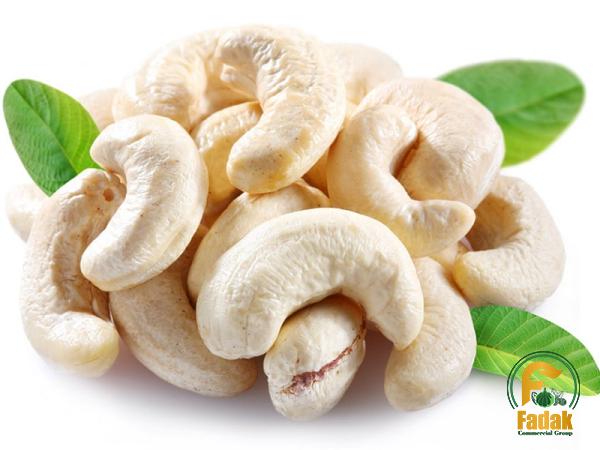 Cashew butter or cashew milk are popular plant-based alternatives to dairy products, catering to lactose-intolerant individuals or those following a vegan diet. 4. Industrial Applications: Cashews possess unique properties that make them suitable for several industrial applications apart from the food industry. Here are some notable applications: a. Food Processing: Cashew seed extracts, such as cashew nut shell liquid (CNSL) and cashew apple juice, are utilized as natural flavorings, preservatives, or colorants in the food and beverage industry. b. Pharmaceuticals: Cashew nut shell liquid contains anacardic acid, which exhibits antimicrobial, antioxidant, and anti-inflammatory properties. It is used in the production of drugs, topical creams, and pharmaceutical products. c. Cosmetics: Cashew seed oil is rich in antioxidants, fatty acids, and vitamins that benefit skin health. It is used in cosmetics and skincare products for moisturization, anti-aging, and improving skin texture. d. Industrial Applications: Cashew shell residues are utilized in the production of biofuels, resin, paints, and insecticides due to their high calorific value and chemical properties.
Cashew butter or cashew milk are popular plant-based alternatives to dairy products, catering to lactose-intolerant individuals or those following a vegan diet. 4. Industrial Applications: Cashews possess unique properties that make them suitable for several industrial applications apart from the food industry. Here are some notable applications: a. Food Processing: Cashew seed extracts, such as cashew nut shell liquid (CNSL) and cashew apple juice, are utilized as natural flavorings, preservatives, or colorants in the food and beverage industry. b. Pharmaceuticals: Cashew nut shell liquid contains anacardic acid, which exhibits antimicrobial, antioxidant, and anti-inflammatory properties. It is used in the production of drugs, topical creams, and pharmaceutical products. c. Cosmetics: Cashew seed oil is rich in antioxidants, fatty acids, and vitamins that benefit skin health. It is used in cosmetics and skincare products for moisturization, anti-aging, and improving skin texture. d. Industrial Applications: Cashew shell residues are utilized in the production of biofuels, resin, paints, and insecticides due to their high calorific value and chemical properties.
buy nut
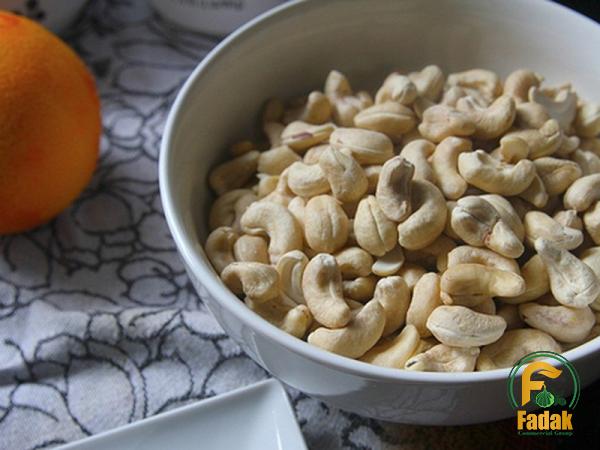 5. Global Market Insights: a. Production and Export: Cashews are primarily cultivated in tropical regions, with countries like India, Vietnam, and the Ivory Coast being the largest producers. India holds the top spot in cashew production, followed closely by Vietnam. These countries also contribute significantly to cashew exports. b. Consumption: The demand for cashews has been steadily increasing in recent years due to their nutritional benefits, versatility, and rising global awareness of healthy snacking. The United States, Europe, and Asia are the primary consumers of cashews. c. Market Trends: The market for cashew nuts is influenced by various factors such as changing consumer preferences, increasing awareness of health benefits, and evolving food trends. The demand for organic and value-added cashew products is also on the rise. Conclusion: Cashew seeds, beyond being a delectable snack, offer a diverse range of nutritional benefits and find multiple applications in numerous industries such as food processing, pharmaceuticals, cosmetics, and more. Their rich nutrient content, unique flavor, and versatility have made them popular globally. As the demand for healthy snacks and sustainable ingredients continues to grow, cashew seeds are expected to maintain their position as a valuable commodity in the global market.
5. Global Market Insights: a. Production and Export: Cashews are primarily cultivated in tropical regions, with countries like India, Vietnam, and the Ivory Coast being the largest producers. India holds the top spot in cashew production, followed closely by Vietnam. These countries also contribute significantly to cashew exports. b. Consumption: The demand for cashews has been steadily increasing in recent years due to their nutritional benefits, versatility, and rising global awareness of healthy snacking. The United States, Europe, and Asia are the primary consumers of cashews. c. Market Trends: The market for cashew nuts is influenced by various factors such as changing consumer preferences, increasing awareness of health benefits, and evolving food trends. The demand for organic and value-added cashew products is also on the rise. Conclusion: Cashew seeds, beyond being a delectable snack, offer a diverse range of nutritional benefits and find multiple applications in numerous industries such as food processing, pharmaceuticals, cosmetics, and more. Their rich nutrient content, unique flavor, and versatility have made them popular globally. As the demand for healthy snacks and sustainable ingredients continues to grow, cashew seeds are expected to maintain their position as a valuable commodity in the global market.
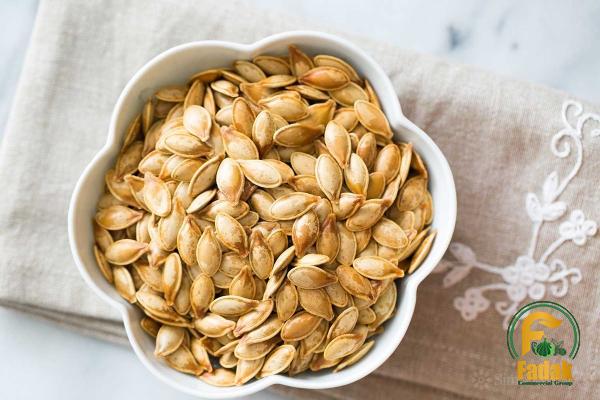
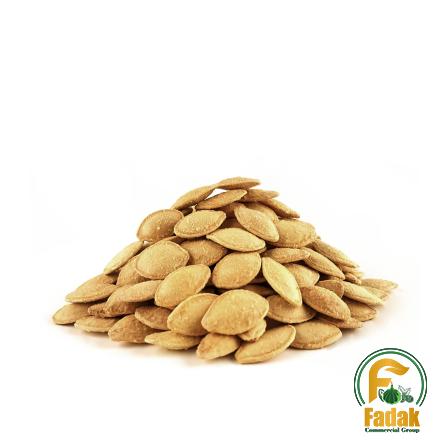
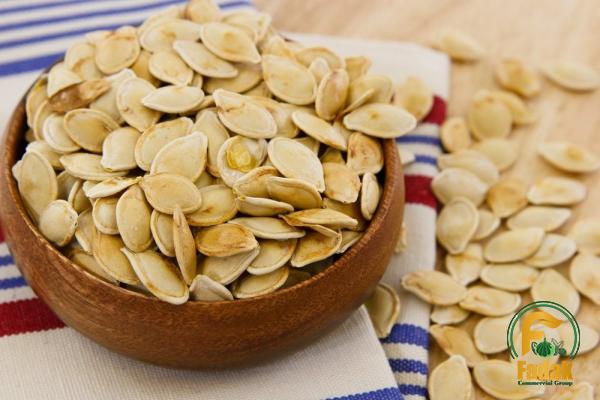
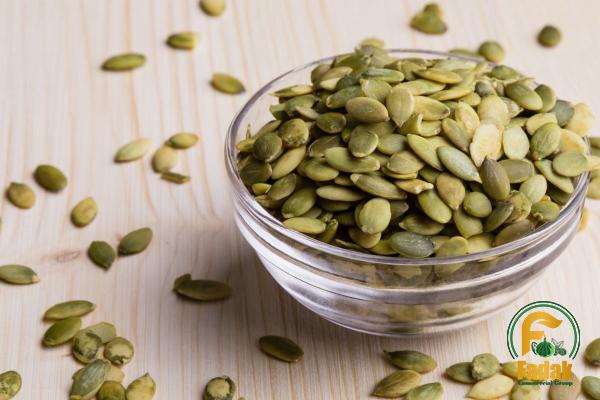
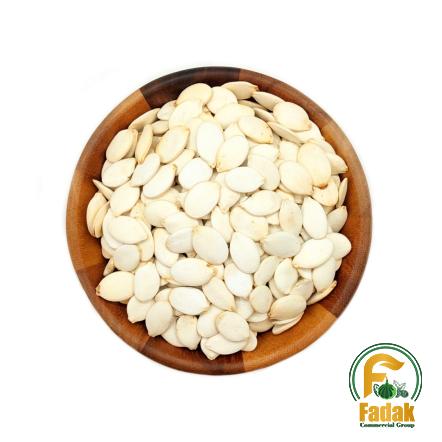
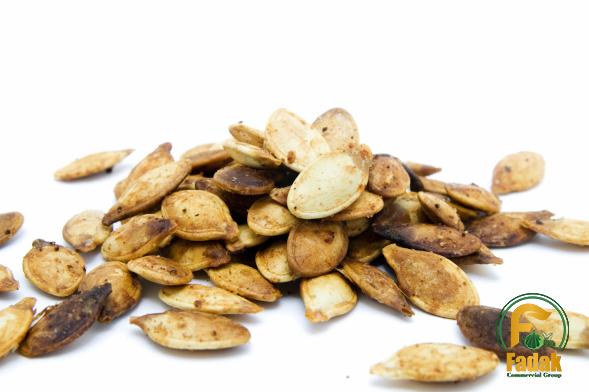
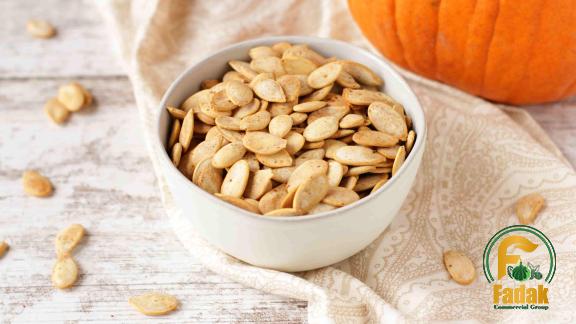
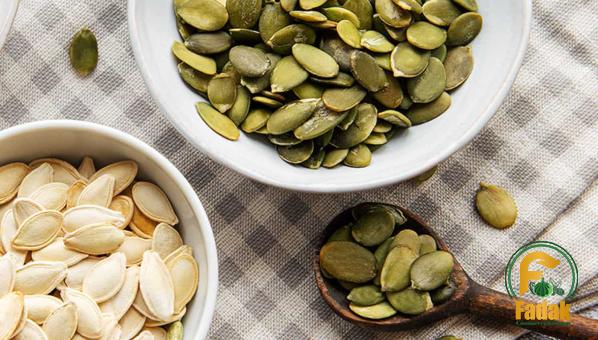
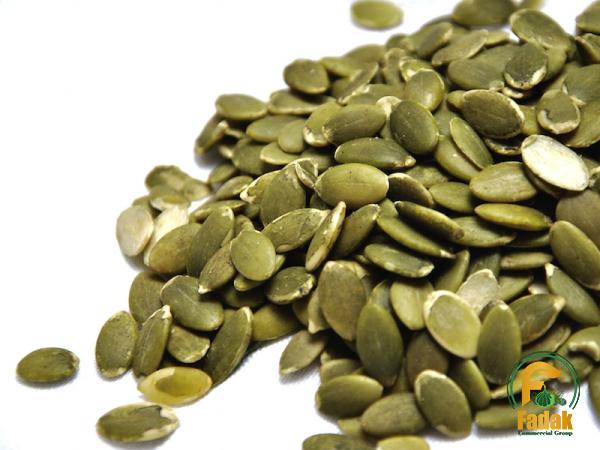
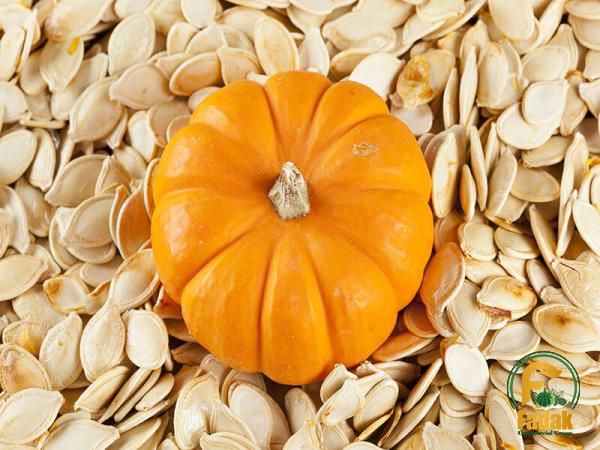
Your comment submitted.